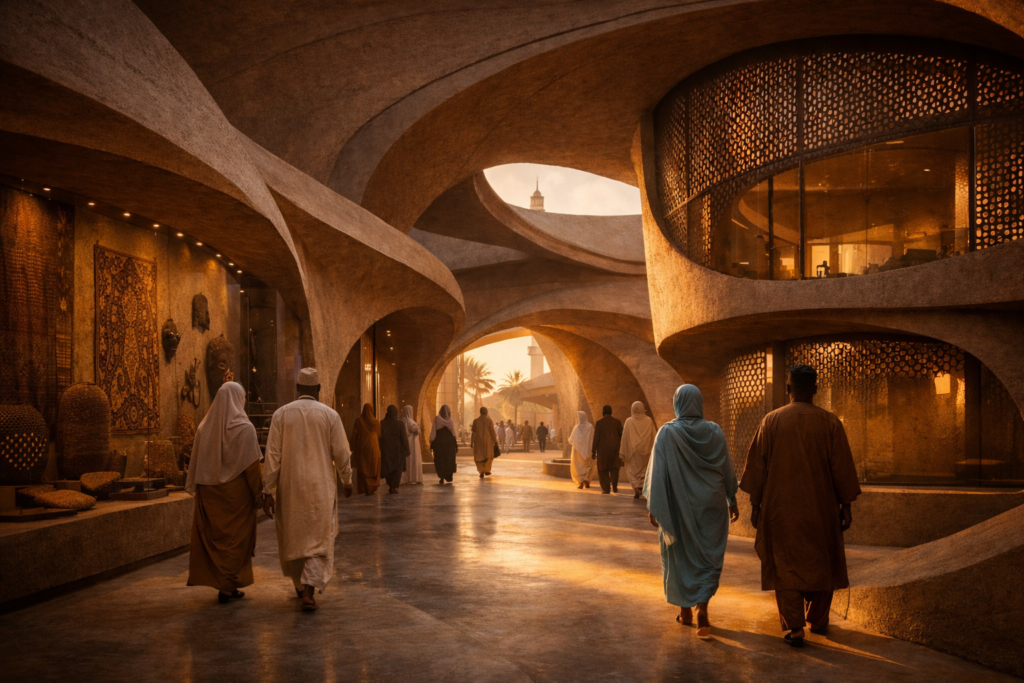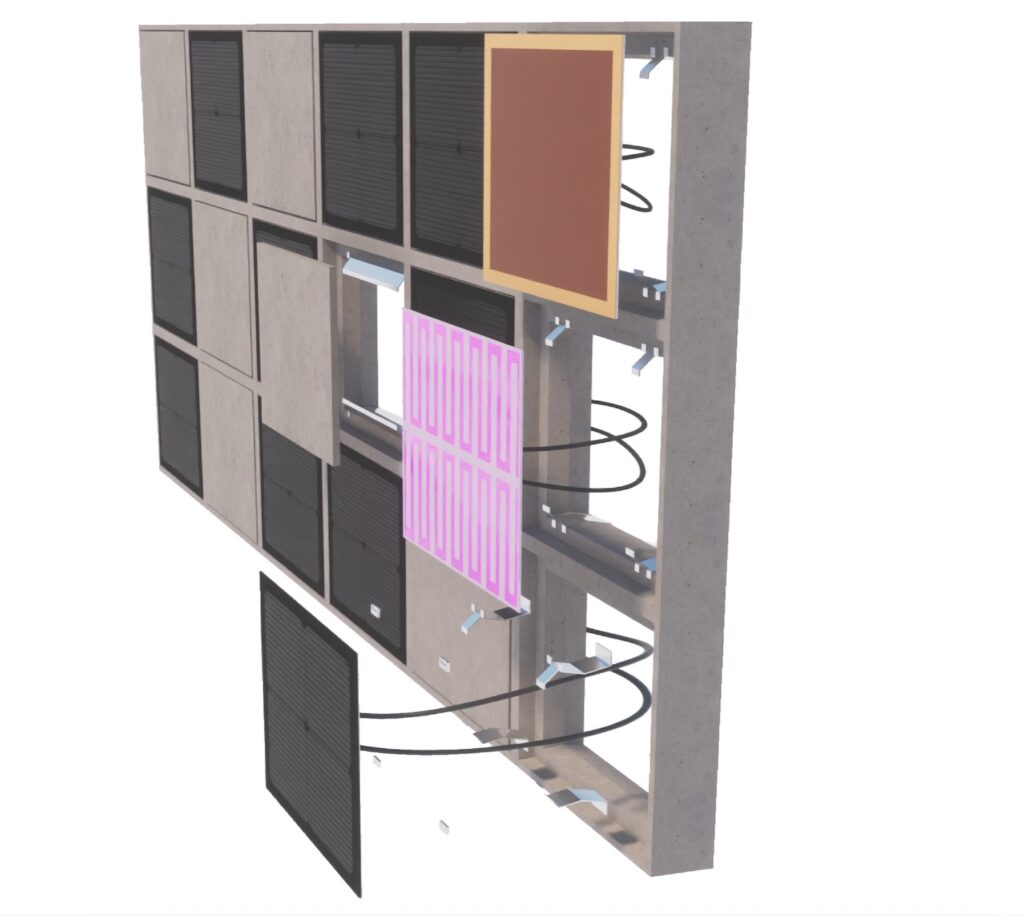Today’s effects of climate change. Nomads in (in)formal refugee camps in Somalia
Climate change is currently one of the main topics of our time. Debates in politics, society and different scientific disciplines have increased. Under the name of “Fridays for Future” students worldwide protest and are joined by “Scientists for Future” who are investigating solutions against climate change. Discussed are consequences for ‘our’ future as well as the need to act, change the way of living and how we are using our natural resources. But who is meant, when talking about ‘us’ and ‘our’ future? We argue that the climate discourse can be seen as a eurocentric and privileged one since aspects of global power relations are underrepresented. The debate doesn’t reflect on the fact that the global south and indigenous people are affected by climate-related disasters already and also will be affected by it in future, the most. Western industrial countries are mainly responsible for the climate change and people from the global north talk about it dominantly. At the same time, people who are effected from climate crisis today are less responsible for global warming, but their voices are often not heard and silence. Our talk presents how former Nomads in (in)formal refugee camps in Somalia, who lost their livelihood due to drought, negotiate and reflect on their individual experiences in the camps. Using group discussions carried out in different areas in Somalia in August and September 2019, we will reconstruct the paradoxes between discourse and responsibility for climate change, development help and everyday life experiences.
Authors: Samia Aden, Samira Aden
conference paper Jun 2021
Conference: IMISCOE 18th Annual Conference ‘Crossing Borders, Connecting Cultures’
University of Luxemburg



